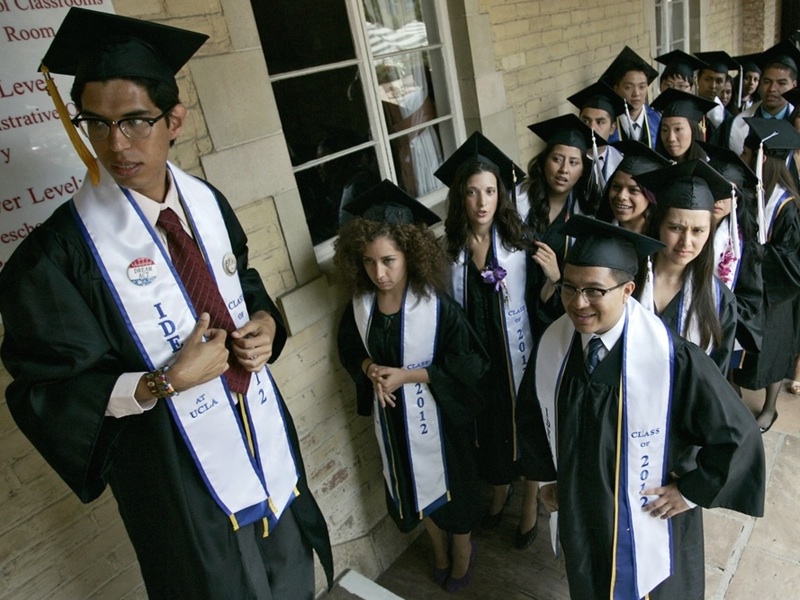In the fifth essay of this series, I discussed Richard Sander, a law professor at UCLA. Among researchers of education policy, Sander is perhaps the fiercest critic of affirmative action. He’s also probably been the target of more criticism from race and education scholars than any other person in the world.
Unlike most critics of affirmative action, Sander is not a conservative. For instance, in 2008 and 2012 he voted for Barack Obama. In fact, except for 1980, when he voted for independent John Anderson, he has always voted Democratic in presidential elections. He’s pro-choice on abortion, favors gay marriage, and wishes the U.S. health care system were even more liberal than ObamaCare. He and his wife both drive Priuses, because they want “to keep our ecological footprint as small as possible,” he told me in a recent interview.
Sander was not always a critic of affirmative action. He only became one after seeing its harmful effects on racial minorities–the people it’s supposed to help.
He witnessed some of the harmful effects through his research. For instance, as I discussed, Sander’s data finds that the black-white gap in bar-exam passage rates is about 36%. His research finds that a significant part of the gap is due to “mismatch”: that is, because of affirmative action, black students tend to enter schools for which they are not prepared. Sander concludes that this mismatch often causes them to fall behind their classmates, and it actually causes them to learn less in law school than they would have if they had just attended a less prestigious school. Sander estimates that if law schools would stop granting affirmative action in their admissions decisions, then the black-white gap would fall to about 13%.
Other harmful effects he witnessed up-close and personally.
Sander was once married to a black (Haitian) woman, and he is the father of a biracial child, Robert. In the fall of 2007, when Robert began applying to colleges, he wondered how he should handle his racial identity in his applications. After much thought, he decided neither to hide it nor to emphasize it. He ended up accepting an offer from the University of Washington, which then (and now) was barred from using racial preferences by Prop 200, passed by Washington voters in 1998.
Robert had a strong high school background in basic science, and he was thinking about a career in medicine, science, or engineering–particularly bioengineering. The spring before college, an African American aunt persuaded him to apply to a summer program for aspiring black doctors. He was accepted, and the program was fun–it brought together a few dozen African American high school seniors who had done well in high school and were generally interested in the sciences. They spent time discussing medical careers and campus survival, did some volunteer work inside hospitals, and–most importantly–studied inorganic chemistry. The idea of the chemistry course was to discuss with students academic strategies for success in the context of an actual course, and to give them a leg up on their college coursework.
Unfortunately, however, the course–which aimed to build confidence among the students–covered the material in a fairly unchallenging way.
Robert breezed through the course. Without devoting much effort, he received a high “A,” and the University of Washington gave him credit for completing a first-quarter level of a college inorganic chemistry class.
Once at the University of Washington, Robert duly skipped first-quarter inorganic chemistry and enrolled in the second-quarter class. He soon realized, however, that the summer course only covered a fraction of the material that a true first-quarter college class would cover, and he found himself well behind his classmates. Whereas the summer course was easy and relaxing, the University of Washington course was intense and demanding.
Robert adopted new work habits, but not in time to save his grade, which was just barely high enough to maintain his chance of qualifying for the competitive program in bioengineering.
While the summer program was designed to help minorities succeed in science, it ended up doing the opposite. By creating a (largely artificial) mismatch problem, it actually hampered Robert’s learning and left him demoralized.
“It’s pretty awful what universities are doing,” said Sander (Robert’s father). “They should at least be honest about the racial preferences. I don’t think they realize how much they’re ruining people’s lives.”
Photo: Jonathan Alcorn/Reuters

COMMENTS
Please let us know if you're having issues with commenting.